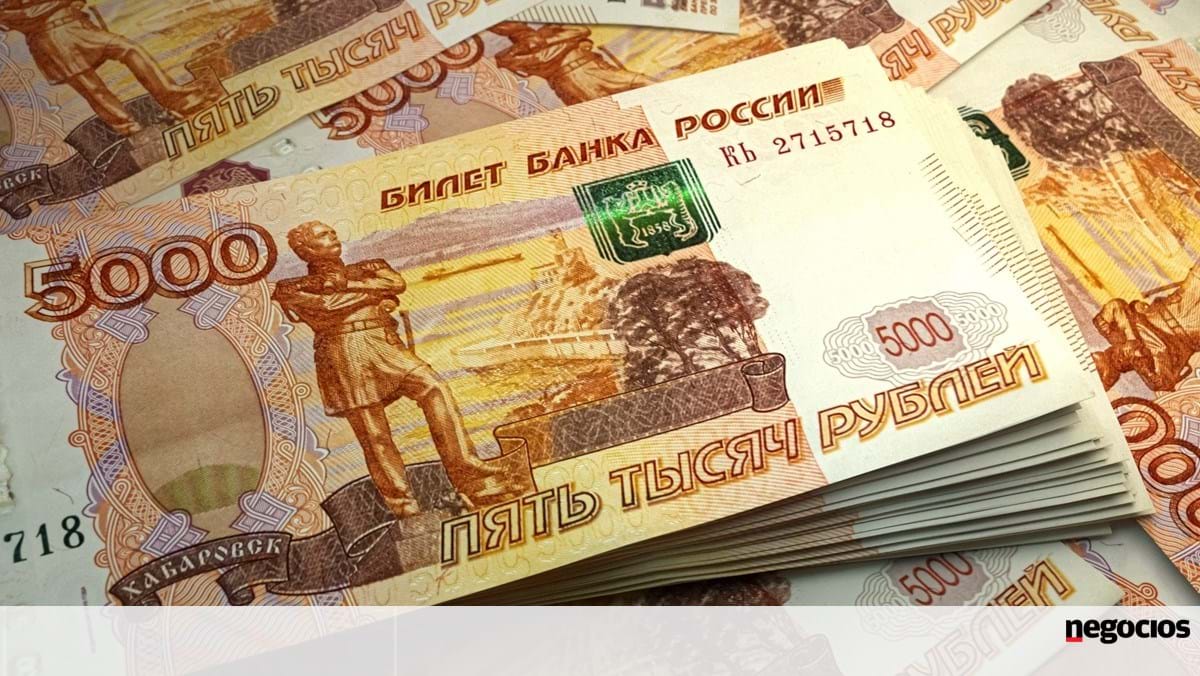The ruble is making the best recovery in a year. Moscow is preparing new catalysts
The Central Bank decided, at an emergency meeting, to raise interest rates to stop the free fall of the ruble. Vladimir Putin is reportedly planning to re-impose capital controls.
Higher interest rates by the Central Bank of Russia achieved the goal of strengthening the ruble. The Russian currency posted its best week against the dollar since July last year, ending four weeks of decline. Moscow will prepare new stimulus measures.
The currency rose by 6.5% against the US pair, to 93.75 rubles to the dollar. Against the Chinese yuan it rose by 7.2% and against the euro by 6.5%. The renewed momentum is associated with higher interest rates.
In an emergency meeting after the Russian currency reached its lowest value against the US dollar since the invasion of Ukraine, the Russian Central Bank last Tuesday raised the reference interest rate by 3.5 percentage points to 12%.
Rosbank analysts expect that “in the second half of August, the announced measures should keep the ruble at the bottom of the current range or even lower,” noting “abnormal” trading between 92 and 102. They will keep the markets tense, with the risk of further Pressure on the ruble,” they say, in a note quoted by Bloomberg.
The central bank had already enacted capital controls to stabilize the value of the currency, which fell to 130 rubles to the dollar after Western countries imposed sanctions on Russia over the war in February 2022.
However, the downward trend continued and the currency, which has already lost more than a third of its value this year, It broke the barrier of 100 rubles to the dollar on Monday. Besides the central bank’s actions, Vladimir Putin also plans to re-impose capital controls.
According to a proposal from Russia’s Finance Ministry, which the Financial Times had access to, the idea involves forcing major exporters to convert 80% of the foreign currency they hold into rubles to boost demand for the currency.
The newspaper adds that other measures include banning international dividends, extending refunds, canceling import subsidies, limiting currency swap contracts, or reducing the amount of foreign currency companies can take out of the country.

“Wannabe internet buff. Future teen idol. Hardcore zombie guru. Gamer. Avid creator. Entrepreneur. Bacon ninja.”

